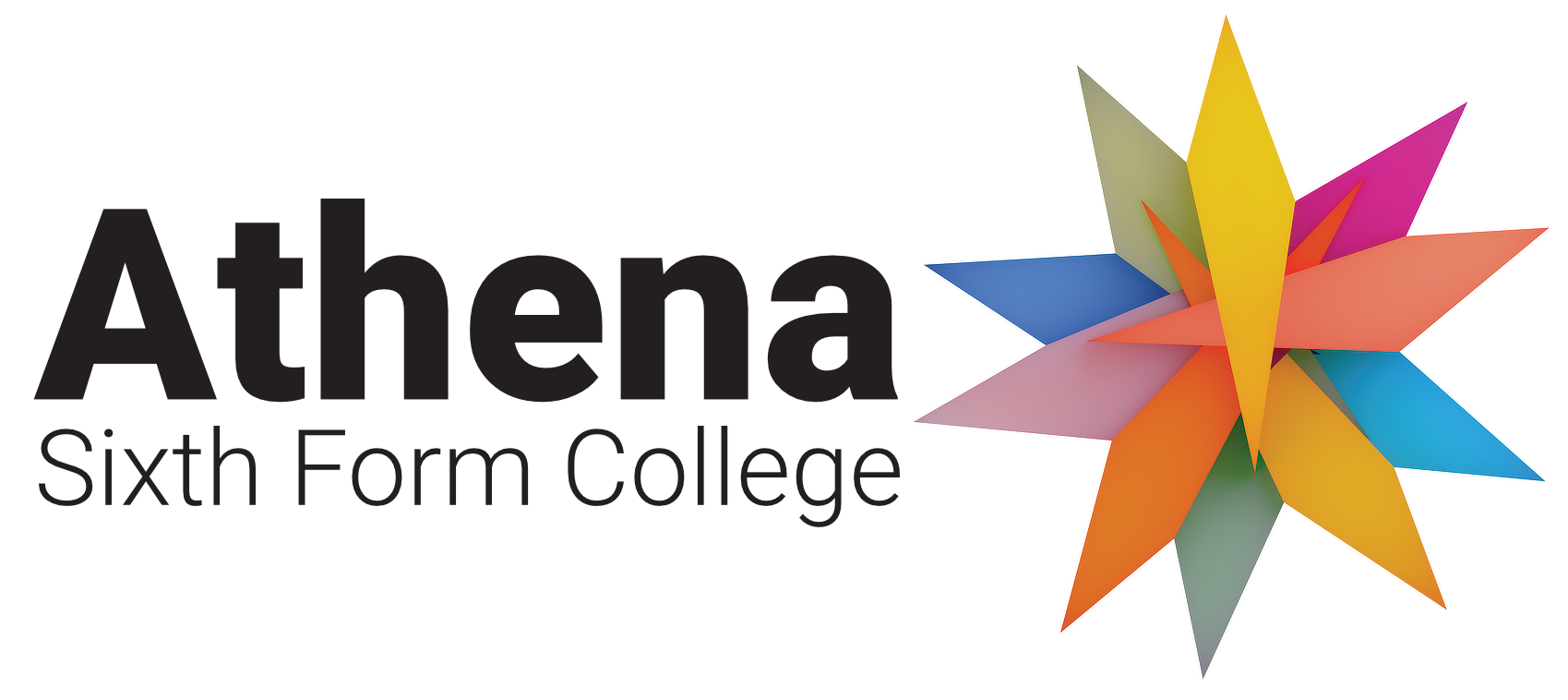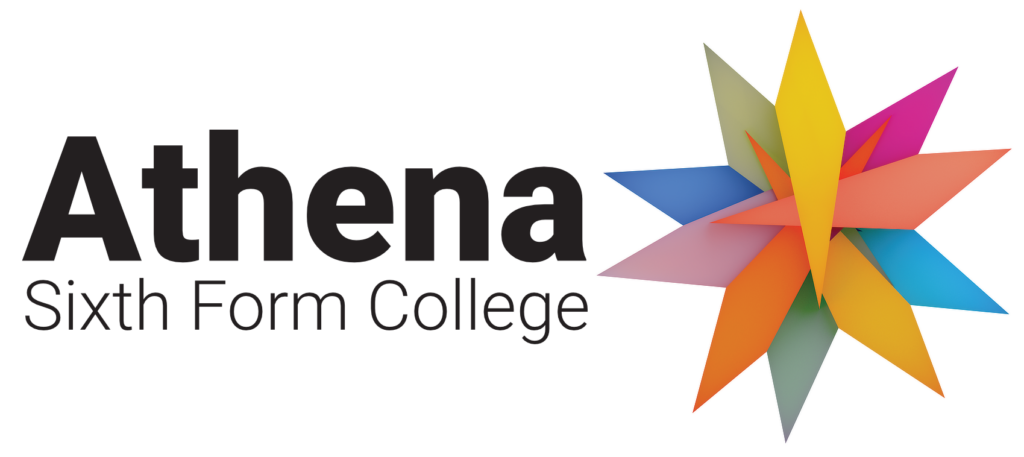Why Study?
Studying Fine Art at A level will develop your intellectual, imaginative, creative and intuitive capabilities. You will establish your practical, technical and expressive skills and refine your aesthetic understanding and critical judgement of the visual world. Fine Art is subdivided into the following four disciplines:
- Painting and Drawing
- Printmaking
- Sculpture
- Lens-based image making
You will acquire new skills across these disciplines to broaden your knowledge, and help give you the confidence you need to achieve your full potential in this rich and exciting subject area. This course promotes independence of mind to communicate your own ideas in personal outcomes to discover what it means to be a creative and imaginative visual artist. Fine art may be created to communicate ideas and messages about the observed world, the qualities of materials, perceptions or preconceptions. It can also be used to explore personal and cultural identity, society and how we live.
What can I do with it?
Studying Fine Art develops a highly desirable skill set transferrable to a range of degree subjects and careers. Fine Art students have a strong sense of the visual world around them. Organisation, problem solving, dexterity, lateral thinking, complex analysis, critical and analytical skills are crucial for further education and employment. There is a wealth of creative degree course options open to you following Art A level; for example, Architecture, Animation, Concept Design, Creative Advertising, Fine Art, Fashion, Textile Art, Textile Design, Graphic Design, Game Design, Illustration, Art History, Photography, Visual Communication, to name just a few.
Subject combinations
A-level Art works well alongside most subjects.
Extras
We support you to become confident young artists with a strong sense of identity through your A-level studies and extra opportunities we can offer. We encourage and promote our students to exhibit their work externally and be involved in national competitions. Links with art schools and university providers enable us to invite you on a number of practical workshops to enrich your skill set and inspire you to study art at a higher level. We are fortunate enough to have contacts with external lead practitioners who supervise group critiques.
We promote contextual visits to London, Cambridge and Norwich.
What will I study?
Unit 1: Personal Investigation
This component is worth 60% of your A level. It requires you to produce a portfolio of practical work through supporting studies and outcomes in addition to a written element called ‘The Personal Study’. The personal study will be evidenced through critical written communication showing contextual research and understanding in a minimum 1000 words of continuous prose, which may contain integrated images. The personal study comprises 12% of the total qualification.
Unit 2: Externally Set Assignment (ESA)
This component is worth 40% of your A level. It requires you to produce preparatory studies and personal outcome(s) based on a theme set by Edexcel. The theme will be released to you in February of your final year. You will have 15 hours to produce your personal outcome or outcomes.
- Work must cover all four Assessment Objectives: Develop; Explore and Select; Record; and Present.
- Home assignments and directed study periods are monitored and play a vital part in students’ progress.

